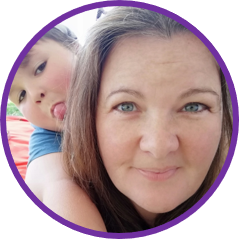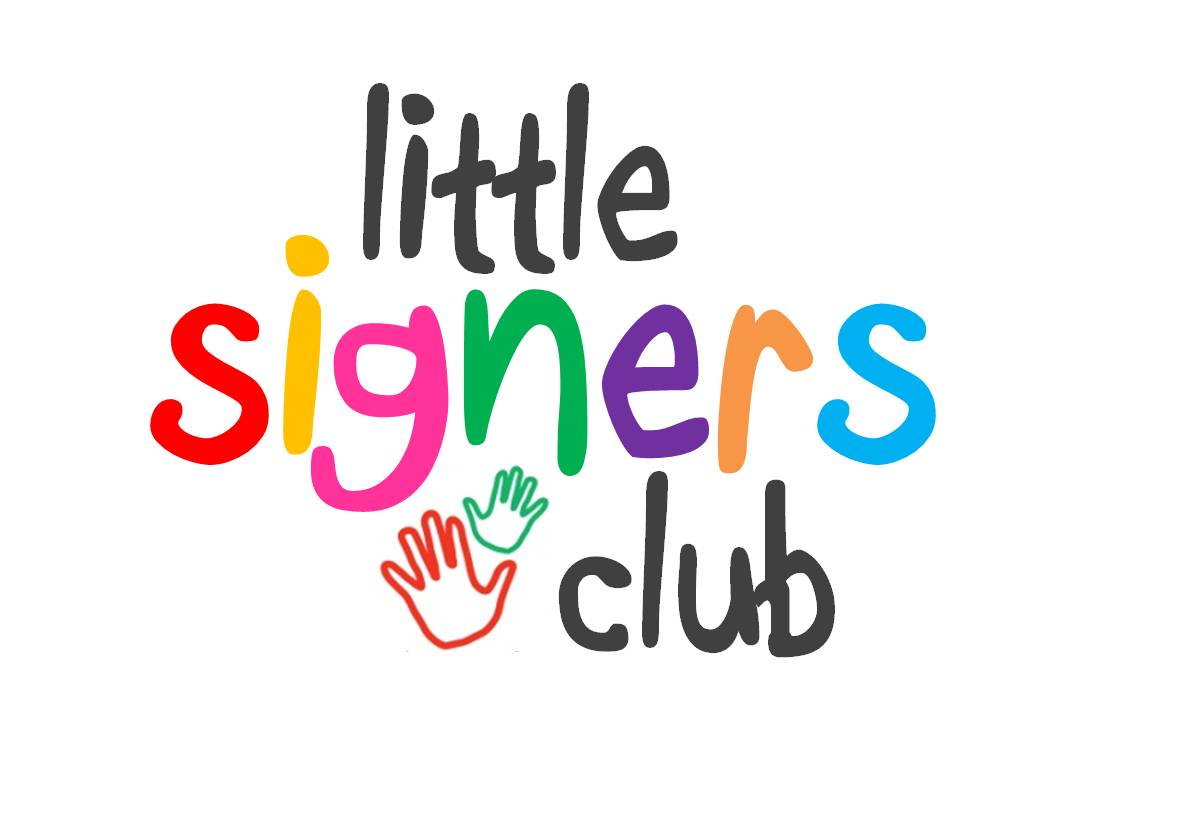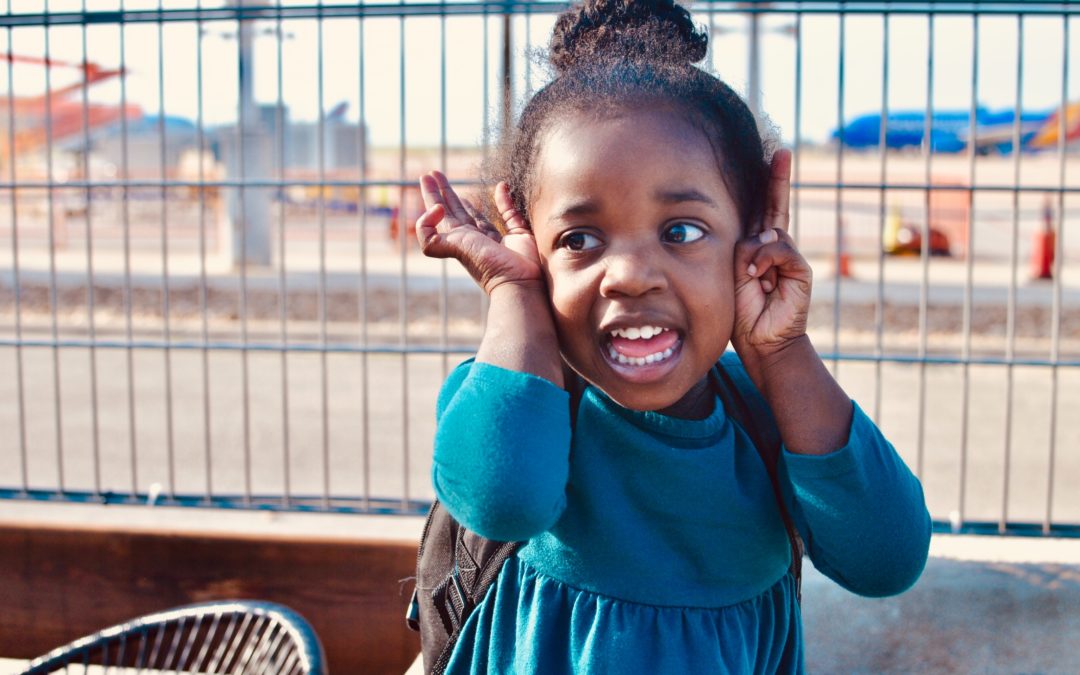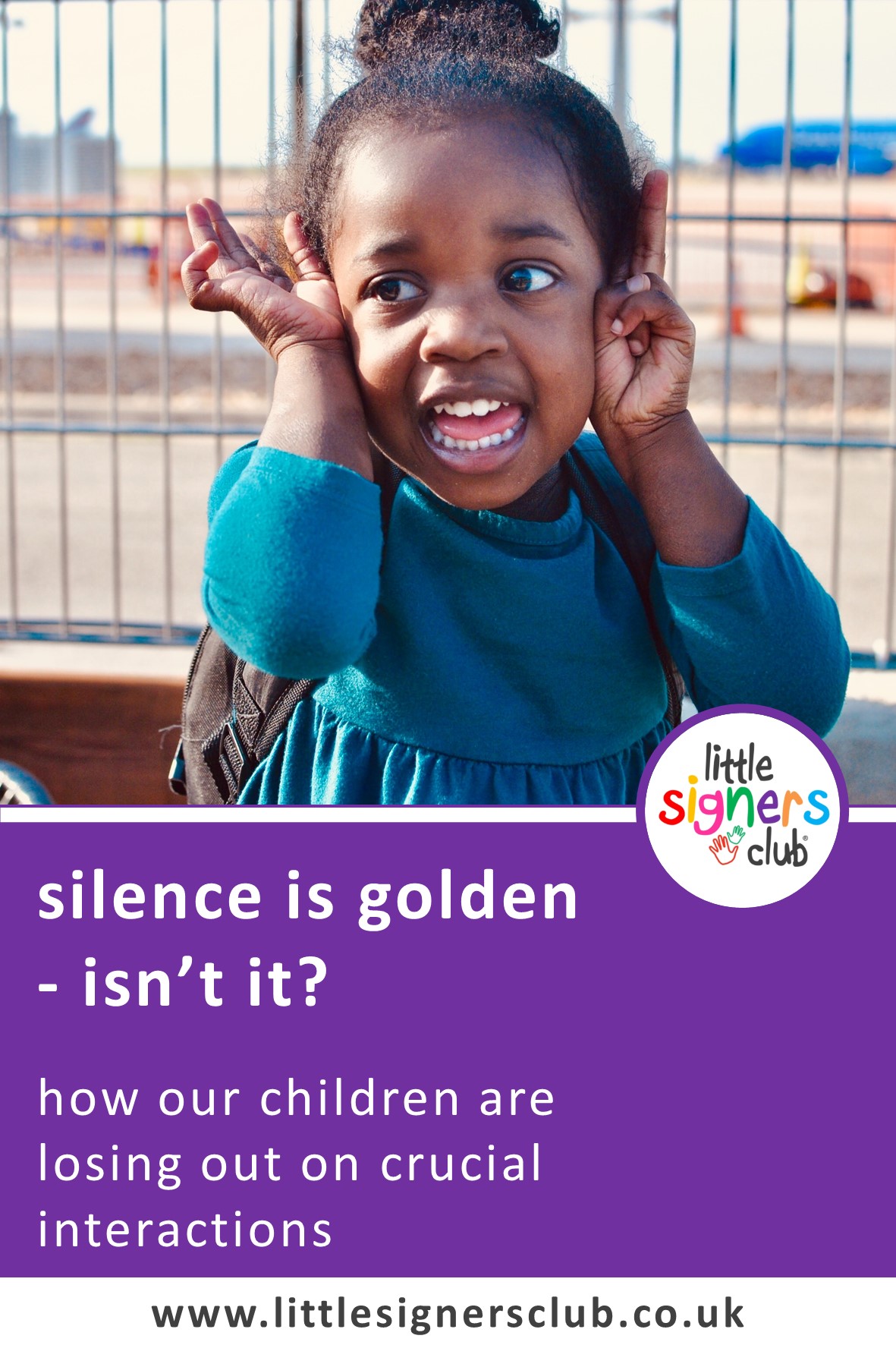Silence is Golden – isn’t it?
Silence is golden…
Or so they say.
The heavy dew, that is so indicative of October mornings, was settled over the metal seats on the train station platform. The rays of Autumn sunshine just starting to peek its way from behind the clouds. A lady in a red coat visibly sighed and turned her face towards its golden warmth with relief.
Bing BONG!
The service announcement interrupted the hushed, expectant silence of the people on the platform.
‘the delayed 8.53 service to London Marylebone….’
The rest of the announcement drowned out by a quick flurry of movement and pushing forward as the train moved into sight.
Bing BONG… The last thing I would hear, apart from the soporific dur-dun-dur-dun … dur-dun-dur-dun of the train, over the tracks, for the next hour.
– – – – –
I have been a frequent train user since my teens. Always off on a new adventure, a new place to see, an old friend to visit.
My experience has generally been one of enjoyment and anticipation.
Of course there can be delays and mishaps, but the people I have met along the way have broadened my horizons, connected me to people outside my current sphere – and taught me the etiquette of a gently shaken newspaper.
Train journeys have always been vibrant and alive.
Conversation.
Connection.
Community.
But not this journey. Not today.
‘We have a national crisis where there are not adequate interactions with babies and children which leads to social interaction difficulties, language and communication problems.’
Libby Hill, Consultant Speech and Language Therapist, 2010
Would it surprise you, as it did me, to know that I was the only person in my carriage, on a packed commuter train, that wasn’t on a screen on some sort? Every single person was plugged in.
(I am not someone who often writes opinion pieces, but I feel compelled to write this one.)
There we were, squished in like sardines; not one person said hello to another.
When someone wanted to get by, people did not look up or acknowledge one another. They simply stepped back, or aside, without a glance or word exchanged – eyes still glued to their screens.
The silence was not golden – it was deafening.
Where am I going with this?
‘We have a national crisis where there are not adequate interactions with babies and children which leads to social interaction difficulties, language and communication problems.
At least 40,000 children start school without the necessary language levels of spoken language ability to access the curriculum.
And these are not children with speech, language and communication disorders.’
Libby Hill, Consultant Speech and Language Therapist.
This quote is from 2010. A decade ago.
In between time we have had Hello, the Year of Communication, the Early Language Development Programme, The Berkow Review, The Berkow Review; Ten Years On, early intervention at Clarks and so many, many more articles and concern about how children’s language and communication skills are at an all-time low.
It is a very real concern for those of us in the Early Years sector.
‘My journey yesterday showed me something very stark.
Our little ones are simply not seeing people talking.’
Children learn from emulating us, the important grown ups in their lives.
Maybe you, too, have a ‘mini-me’, hanging on your every word and action.
Little ones learn from people around them and want to try things out for themselves; they have an innate desire to learn, to connect, to do what they can to be the same as us.
But my train journey yesterday showed me something very stark.
Our little ones are simply not seeing people talking.
They are not seeing emotion in response to conversation; passion, laughter, anger, annoyance, delight, surprise, fear, a pause for thought.
They are not hearing words around them.
They are not hearing the flow of conversation, of turn taking, of questions and answers.
They are not hearing other languages, nuances, different sounds.
They are not watching body language, which is an innate part of conversation, giving congruence and integrity to what they hear.
They are not learning how we connect with people we don’t know and expected social norms.
What they see is a sea of folk with heads bent.
Silent.
Emotionless.*
We are all of us seeking connection, community, belonging.
More and more, we gain this online, in our own sphere, not even looking up to acknowledge another person.
I can’t help but wonder what effect this has on our small people.
And the effect on ourselves.
We are hailed, proudly, as a worldwide community – but what good is that when we can’t even raise a smile or a cheery good morning to our fellow passengers?
How do we belong, understand the joy and plight of other people, when we are not taking the time to hear each other, to bear witness, even, to another person’s very existence?
How can we broaden our horizons and have our opinions gently challenged without connection to those who have a different point of view?
Connection is in the disconnect.
Community is standing right next to you.
And we ALL have a responsibility to the children in our society to show them how it’s done.
Bing BONG.
‘……we’d like to apologise for the delay.’
* Ed Tronick, The Still Face Experiment

Shelley - Little Signers Club
Founder | Speaker | Author | Chief Bubble Tester | Mama of 3
Shelley is the founder of Little Signers Club and has been teaching little ones, and their grown ups, how to use sign language for accelerated communication and understanding since 2005.
Kindly regarded as an expert in her field, Shelley regularly contributes to Childcare Expo, has been featured on BBC1, BBC Radio, in Junior Magazine, Gurgle Magazine, and was a contributing author for ToddlerCalm; A Guide to Calmer Toddlers.
She has three children of her own and, when she is not sharing her love of baby signing with the world, can be regularly found toasting marshmallows over a campfire.






